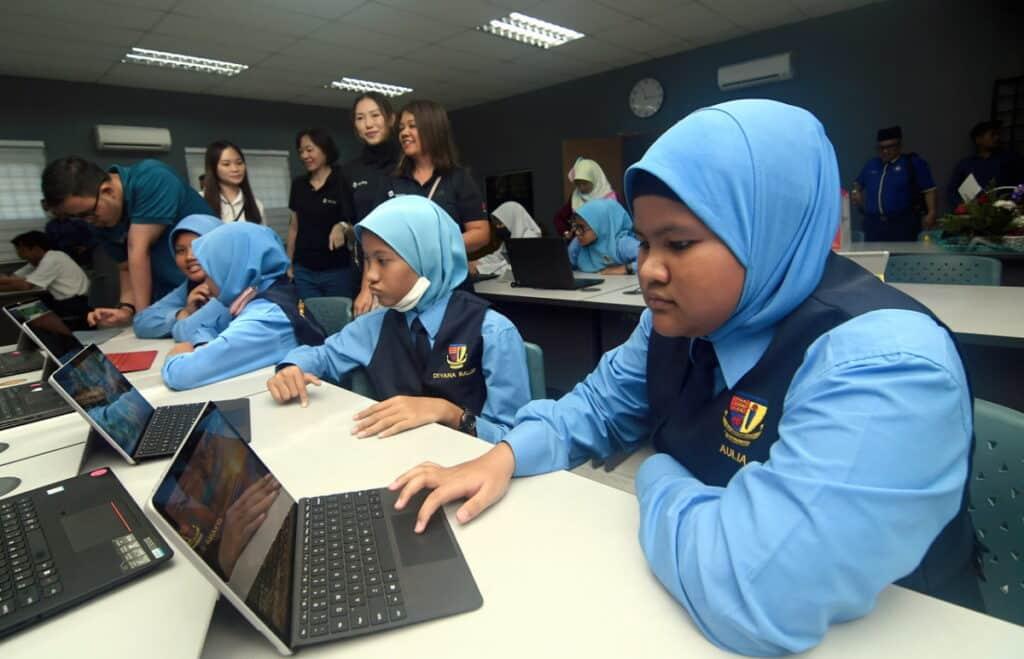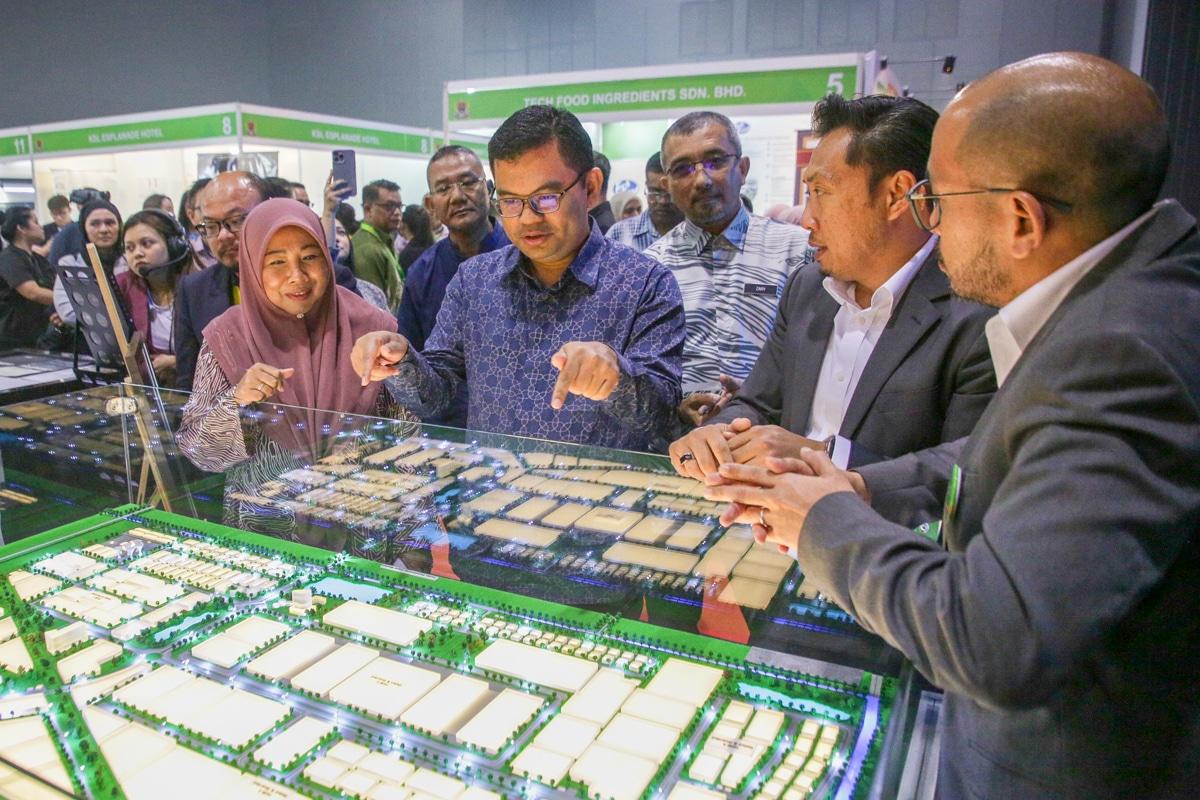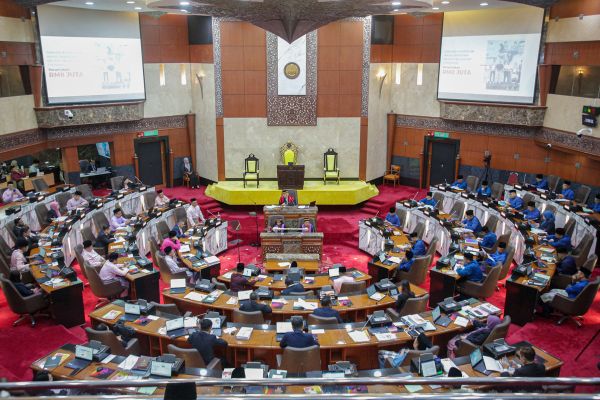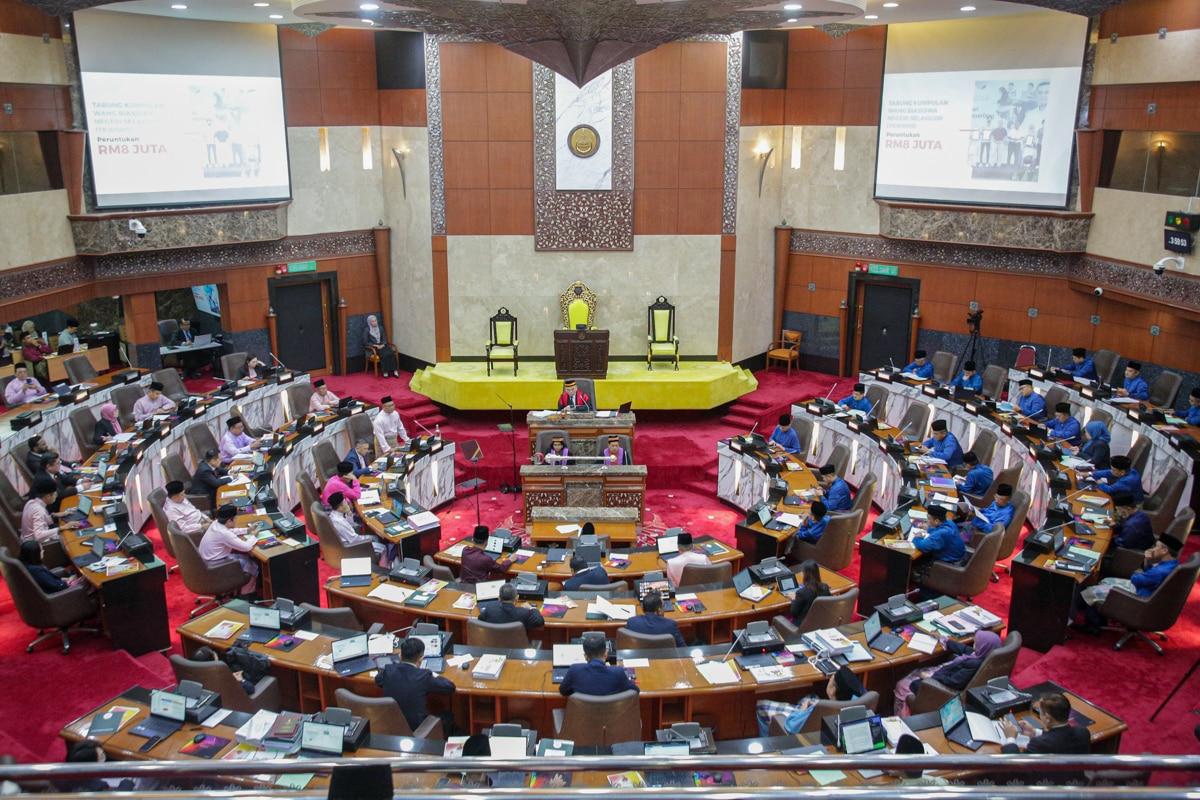SHAH ALAM, Nov 13 — The state government has been urged to introduce simpler and faster financing mechanisms in the upcoming 2026 Selangor Budget to address complex procedures and limited quotas that continue to hinder small and medium enterprises (SMEs) from accessing low-interest loans and export schemes.
SME Association of Malaysia president Chin Chee Seong said that while existing Federal and state financing initiatives like soft loans and export facilitation are well-intentioned, they still do not fully meet the real needs of SMEs.
“Although guarantee programmes under Business Financing Guarantee Scheme (SJPP) and Credit Guarantee Corporation (CGC) promote loans without the need for traditional collateral, many SMEs remain unable to access these facilities due to complex eligibility criteria, limited guarantee quotas, lengthy approval procedures, and lack of awareness among smaller businesses,” he told Media Selangor.
For the upcoming state budget, Chin called for the introduction of a digital transformation fund and an e-invoicing readiness grant to help SMEs modernise their operations, while strengthening collaboration between government agencies and industry bodies.

Readiness and resources
He added that one of the main challenges faced by Selangor’s SMEs is not a lack of willingness, but rather issues of readiness and resources.
“Business owners recognise that digital transformation is essential for survival and growth, but many are still struggling to move from awareness to implementation,” Chin said.
He attributed this to three main barriers: the high cost of digital adoption, a shortage of skilled digital talent, and a weak digital infrastructure in suburban and industrial areas.
Most SMEs continue to face tight cash flow and cannot afford the upfront investments required for enterprise resource planning systems, cloud-based platforms, cybersecurity tools, or e-invoicing solutions.
Although matching grants are available through Federal agencies such as the Malaysia Digital Economy Corporation (MDEC), many Selangor SMEs have been unable to benefit from them due to limited quotas and lengthy approval processes.
To overcome this, Chin proposed a state-funded matching grant scheme exclusively for Selangor-based SMEs, ranging from RM10,000 to RM20,000, prioritising businesses that are ready to implement e-invoicing.
“By targeting support towards those taking concrete steps in digitalisation, the scheme will ensure that resources are allocated efficiently and drive measurable progress,” he said.

Digital skills shortage
The shortage of skilled workers remains a significant barrier, with many employees lacking hands-on digital skills in marketing, accounting automation, and online business management.
“Most existing training programmes are still too theoretical and not suited to real business needs,” Chin said, noting that SMEs need practical, hands-on guidance to integrate digital tools effectively.
“With proper government funding and recognition in the 2026 Budget, the Digital Acceleration Programme can help thousands of SMEs across Selangor digitalise faster, comply with e-invoicing, improve productivity, and create new digital jobs for graduates,” he added.
Chin also raised concerns about poor digital infrastructure outside the Klang Valley, especially in industrial parks in Rawang, Semenyih, and Kuala Selangor, where Internet connectivity remains unreliable.
“Without dependable broadband infrastructure, these businesses encounter serious barriers in adopting and integrating modern digital tools,” he said.
Chin urged the state to work with the Malaysian Communications and Multimedia Commission (MCMC) and major telecommunications providers to enhance broadband and 5G coverage, and to introduce a digital infrastructure grant for SMEs to upgrade network equipment and cloud systems.

Support ESG readiness
As global supply chains tighten sustainability requirements, he also called for stronger state support to help SMEs align with environmental, social, and governance (ESG) standards.
Chin proposed that the state government co-fund structured ESG readiness programmes with the Malaysia ESG Association (ESGAM) and his association.
“Such collaboration would ensure that ESG compliance becomes practical and achievable, not a burden.
“Through co-funding with the industry, the state can make ESG readiness affordable, measurable, and directly linked to trade competitiveness,” he said.
The 2026 Selangor Budget is scheduled to be tabled on Friday (November 14) and will focus on fiscal resilience, human capital development, and reinforcing the state's strategic position as the country’s key economic driver.




